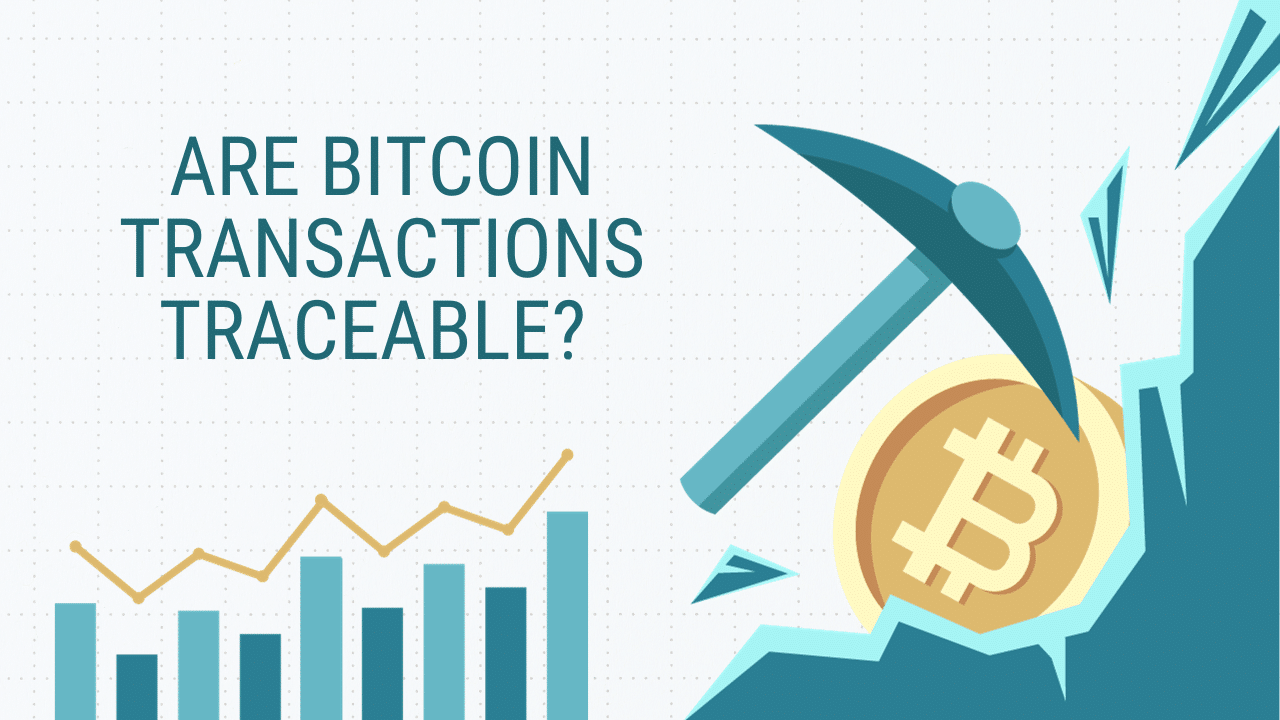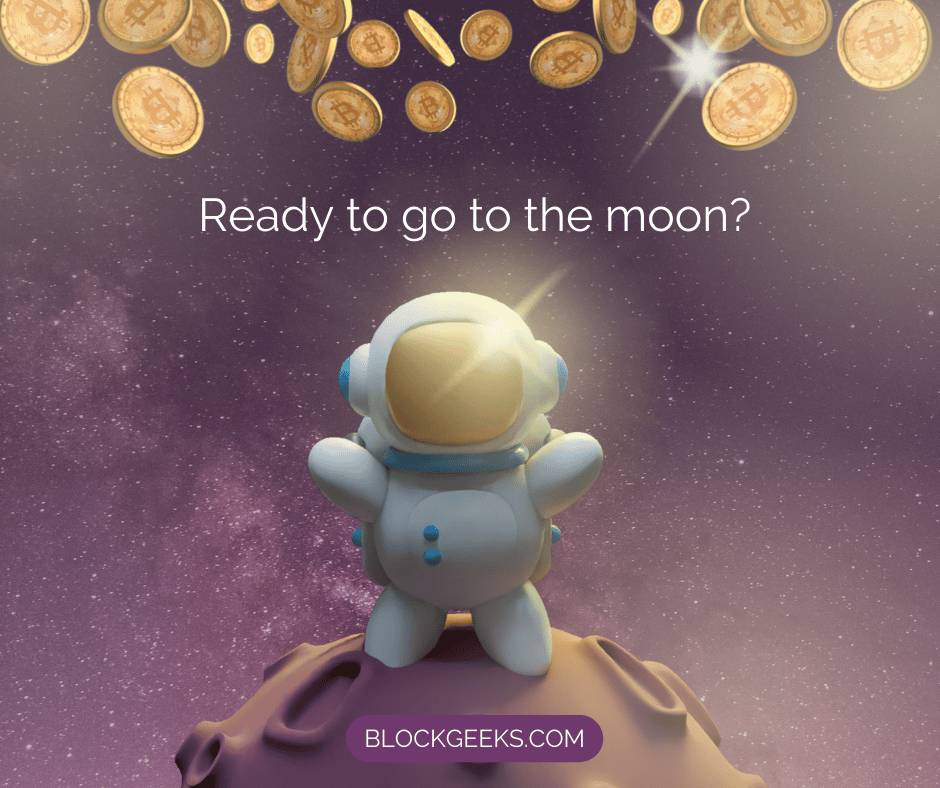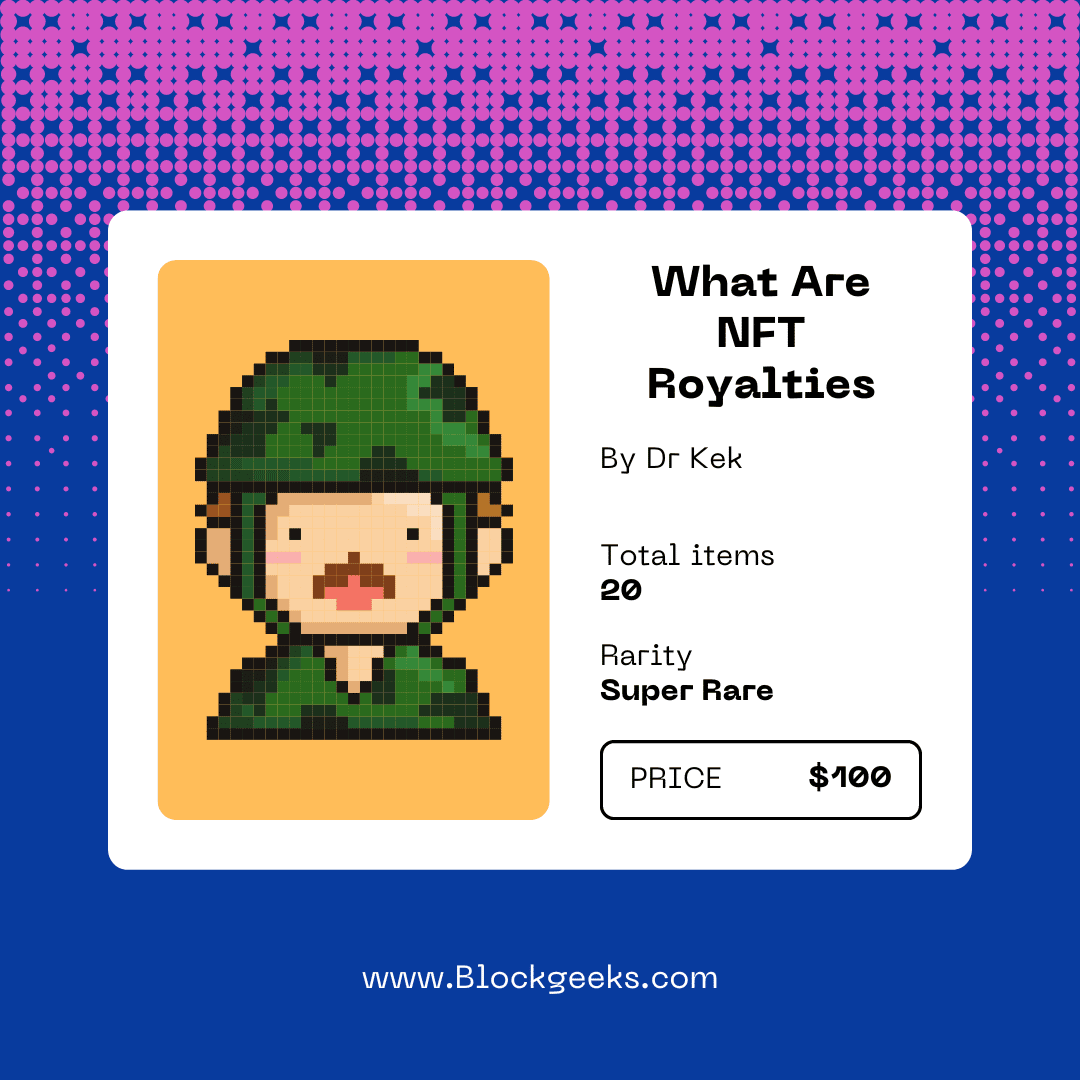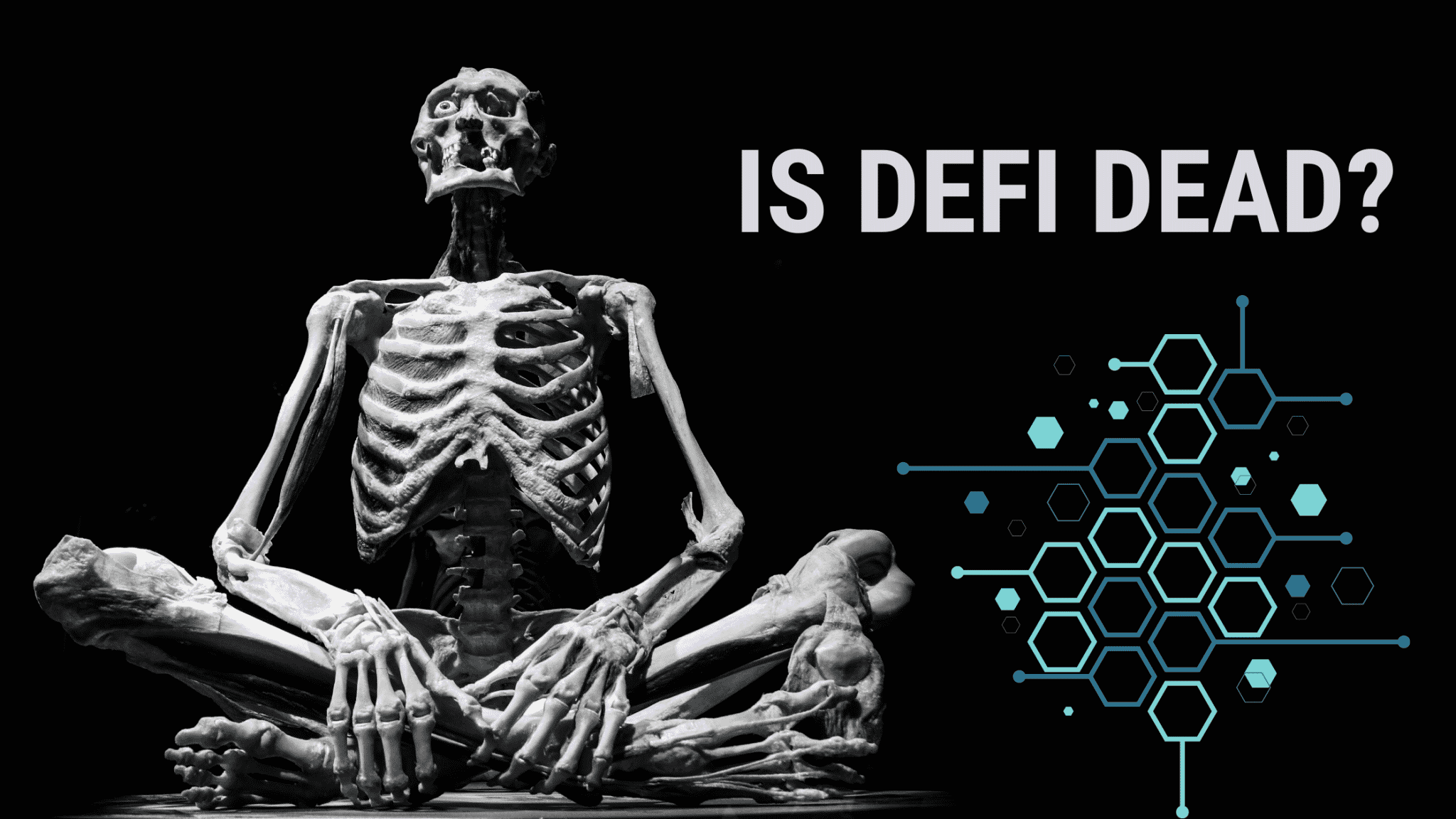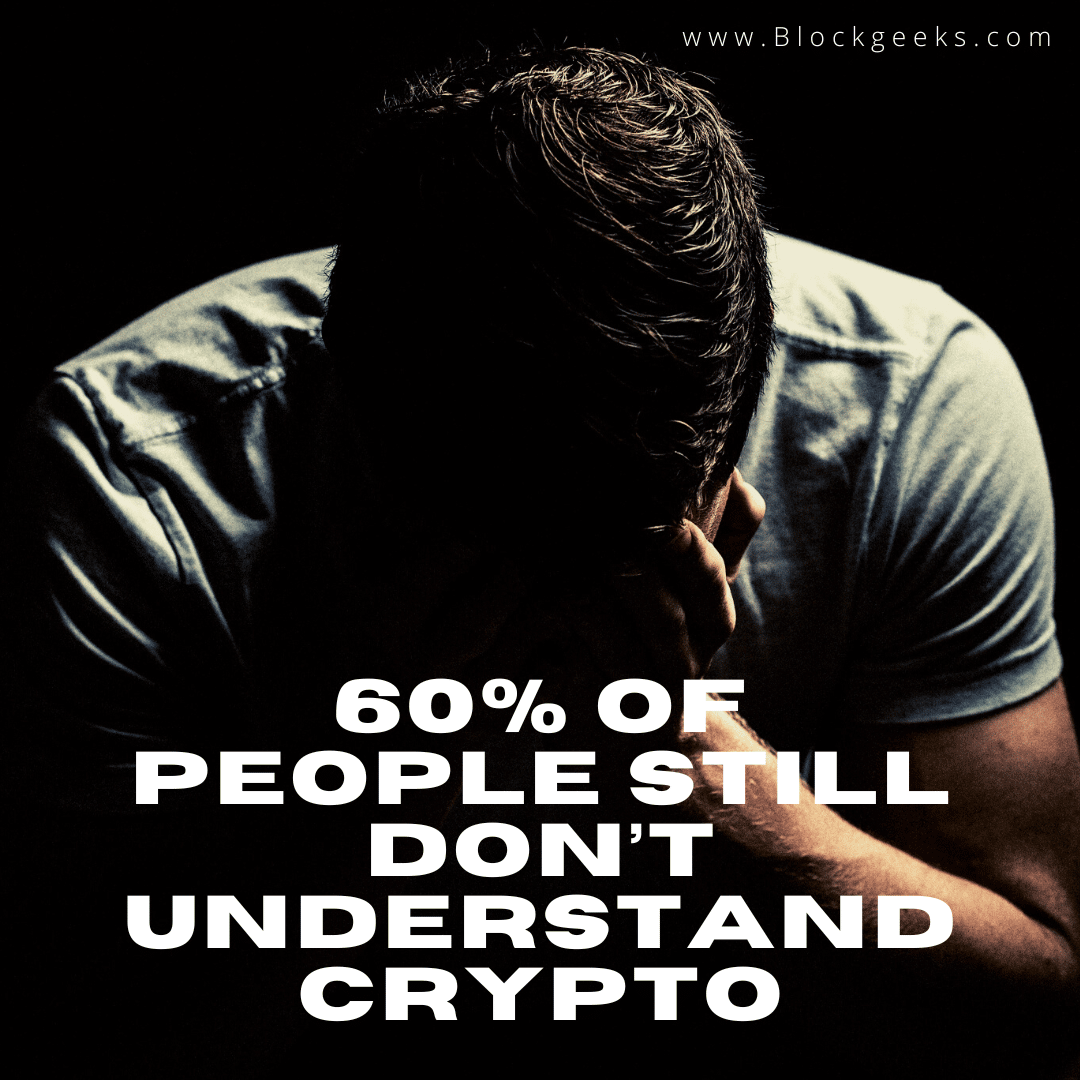 Navigation
Navigation
![How to Buy EOS Tokens: [Safe, Fast And Easy]](https://blockgeeks.com/wp-content/uploads/2020/03/How-to-Buy-EOS-Tokens_-Safe-Fast-And-Easy.png)
How to Buy EOS Tokens: [Safe, Fast And Easy]
|
|
Learning how to buy EOS tokens is something investors who are interested in helping develop the world’s most powerful decentralized global computer. That’s right! EOS is aiming to do the same thing as the world’s second most valuable cryptocurrency, Ethereum. Both projects want to give developers a decentralized network that will allow them to build and host applications anyone can use to serve a variety of use cases.
Consider for a moment what a user has to do to download an app on the Google Play or Apple store. They register their personal information, have to agree to terms and conditions that give apps access to their microphone, their photos and other media. And to add to that, they may even have to pay a fee to download the app itself. Of course, Google and Apple take a large cut of this fee, the developer gets very little and the user has to give away their personal information.
Blockchains like EOS and Ethereum aims to put the power back in the hands of developers and the privacy back in the hands of users.
How to Buy EOS Tokens
![How to Buy EOS Tokens: [Safe, Fast And Easy]](https://blockgeeks.com/wp-content/uploads/2020/03/How-to-Buy-EOS-Tokens_-Safe-Fast-And-Easy.png)
More about EOS
Just because of the EOS blockchain aims to compete directly with Ethereum, NEO and other ‘world computing’ focused projects, doesn’t mean it takes exactly the same approach. The EOS protocol aims to emulate a lot of the features that a real-world hardware computer offers. That means offering users graphics processing, central processing units and random-access memory.
Users participate in the network by offering the network their resources to keep it all going. Decentralization is a part of all this for the same reason that it’s part of all other blockchains. To handle decision-making in a logical way, to make sure that everybody participating in the network is being treated fairly and being rewarded for their efforts, and to prevent malicious nodes or individuals from trying to game the system.
One element that EOS steals from Ethereum, something that many altcoin projects implement, is the power of smart contracts. Smart contracts execute the terms and conditions of a deal between two parties without there being any third party involved. Individuals can program smart contracts to account for anything they may be exchanged, whether it’s monetary value, real estate, or a family heirloom… Of value.
At the end of the day, the reason for all these technical implementations is to create an environment for application development that can scale out an industrial level. EOS really is supposed to be the 3.0 blockchain.
The Differences between EOS and Ethereum
It’s obvious that two different blockchain projects aiming to please the same audiences will share similarities. There are only so many implementations of technology that can serve a specific group of people in a very specific way. So yes, both EOS and Ethereum aim to take over the world using decentralized computing, and of course, EOS implements smart contracts just like its counterpart, but there are plenty of points of difference between the two projects.
On both blockchains, developers need access to computing power in order to build the decentralized apps they hope to offer to the public. On the Ethereum network, those developers get access to the computing power by renting it out from the network. The computing power that a developer uses to complete a given part of their application development process is called gas. The gas users have to pay to participate go to miners, who validate transactions as being genuine and secure the network. This cost needs to be paid by developers every whenever they need resources, there are no exceptions. They are renting out the resources and nothing more.
EOS too let developers have access to resources, but those developers are owners. They are not renting anything. Instead, they accessed the benefits of using the network much like they would on an operating system. They can use computing power, bandwidth and memory to make their decentralized applications. However, they can’t keep tokens indefinitely in order to pay fees. They must use them sooner.
What ends up happening is that users stake tokens to the network in exchange for the resources they want to use. They also purchased their random-access memory from other users on the network. Random-access memory is a scarce resource to come by in decentralized computing.
Before we go by anointing EOS a better version of Ethereum, it’s important to keep in mind that there are also downsides to using the EOS blockchain over Ethereum.
The Cons of EOS
One of the downsides of the EOS project is related to a similar problem that most projects face. On the one hand, cryptocurrencies on public blockchains need to give users an incentive to participate in the network and abide by whatever economic rules exist within the project. There has to be some form of capitalistic mechanism involved for people to participate, even though the underlying philosophy behind putting currencies on the blockchain is to democratize wealth for everyone.
Detractors of the EOS project say that if a few influential people gain too much power, they effectively own too much of the resources on the network. EOS does try to address this using a delegated proof of stake model, where validators are chosen in a pseudorandom fashion to avoid any kind of collusion or dominance.
Still, the fact that EOS launched the largest initial coin offering of all time in 2017 drew many skeptics to focus on the project. What also didn’t help was the fact that some people involved with EOS just happened to be part of some scandalous stories involving co-founder and former child actor Brock Pierce.
Buy EOS through Bitbuy
Bitbuy is the best way to invest in EOS tokens. That’s especially true for cryptocurrency enthusiasts currently living in Canada. Bitbuy is based in Toronto, Ontario, but has visions of serving traders and investors alike all over the world.
Anybody favouring EOS over other projects like Ethereum or Bitcoin can easily get their hands on some using the company’s website or mobile app. Signing up to get started is as easy as providing an email address and picking a password.
Users can get instantly verified, then fund their accounts via Interac e-Transfer or bank wire. Then, it’s easy to buy EOS and withdraw it to a personal wallet.
If you are looking to sell EOS tokens for Canadian dollars, the process is just as easy. Just sell, then withdraw Canadian dollars.
How to buy EOS (Internationally) With A Credit Card
Buying EOS with a credit card allows investors to get into the project instantly. That does come at a fee however which is usually between three and 5% of the transaction. That would be a lot we were talking about traditional banks, but in the blockchain world, that’s pretty good.
Coinbase.com is probably the most recognizable option for this. It was the first website to offer crypto purchases instantly via credit card on a mass scale, and the exchange controls a big share of the market. EOS has been available for instant purchase on the platform since May 2019.
Buying EOS on an Exchange
Already signed up to Bitbuy? To get EOS, users need to execute a market or limit order exchanging Bitcoin for EOS tokens. This has to be done using the BTC/EOS trading pair in the order book. The order book displays all the buy and sell prices currently up for grabs on the market. Users can either click those prices in the order book or manually enter the desired price. The trade for EOS will execute when there is a buyer or seller on the other side of the transaction willing to pay the same market or limit price.
Learn more about EOS by visiting the project’s website

